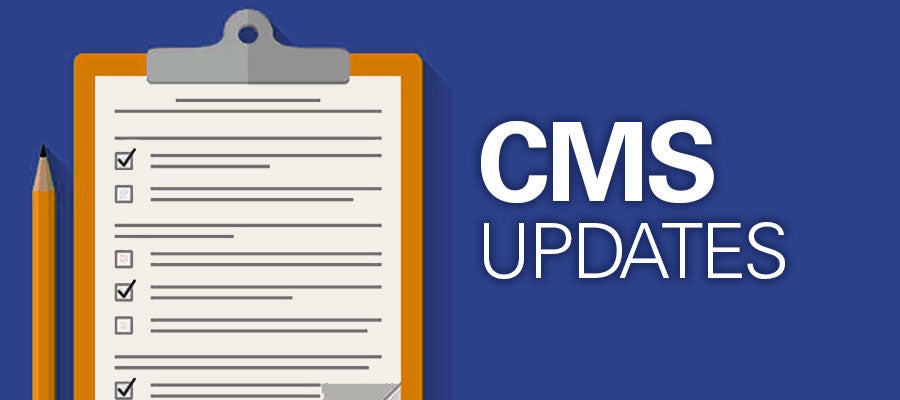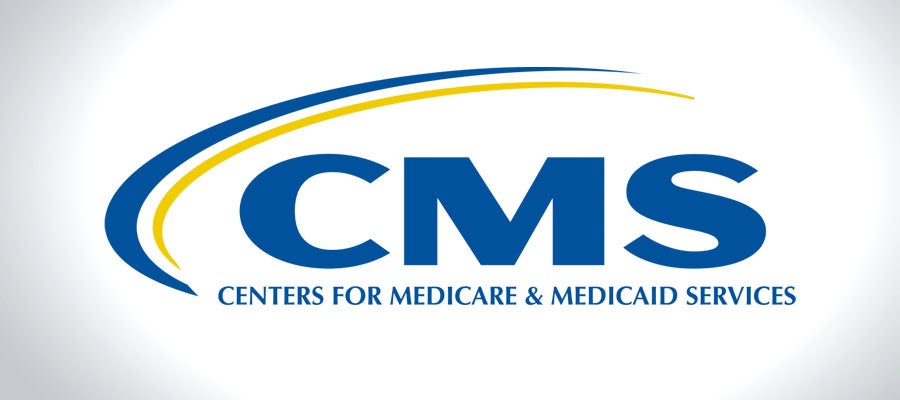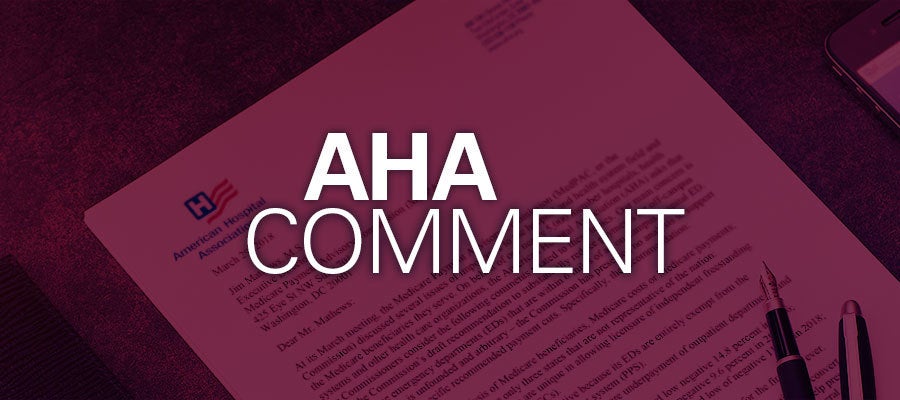
For the first time, the Food and Drug Administration authorized marketing a SARS-CoV-2 diagnostic test beyond the public health emergency based on additional data. FDA previously authorized the BioFire Respiratory Panel 2.1 test for emergency use to detect SARS-CoV-2 and other respiratory pathogens in individuals with suspected COVID-19.








